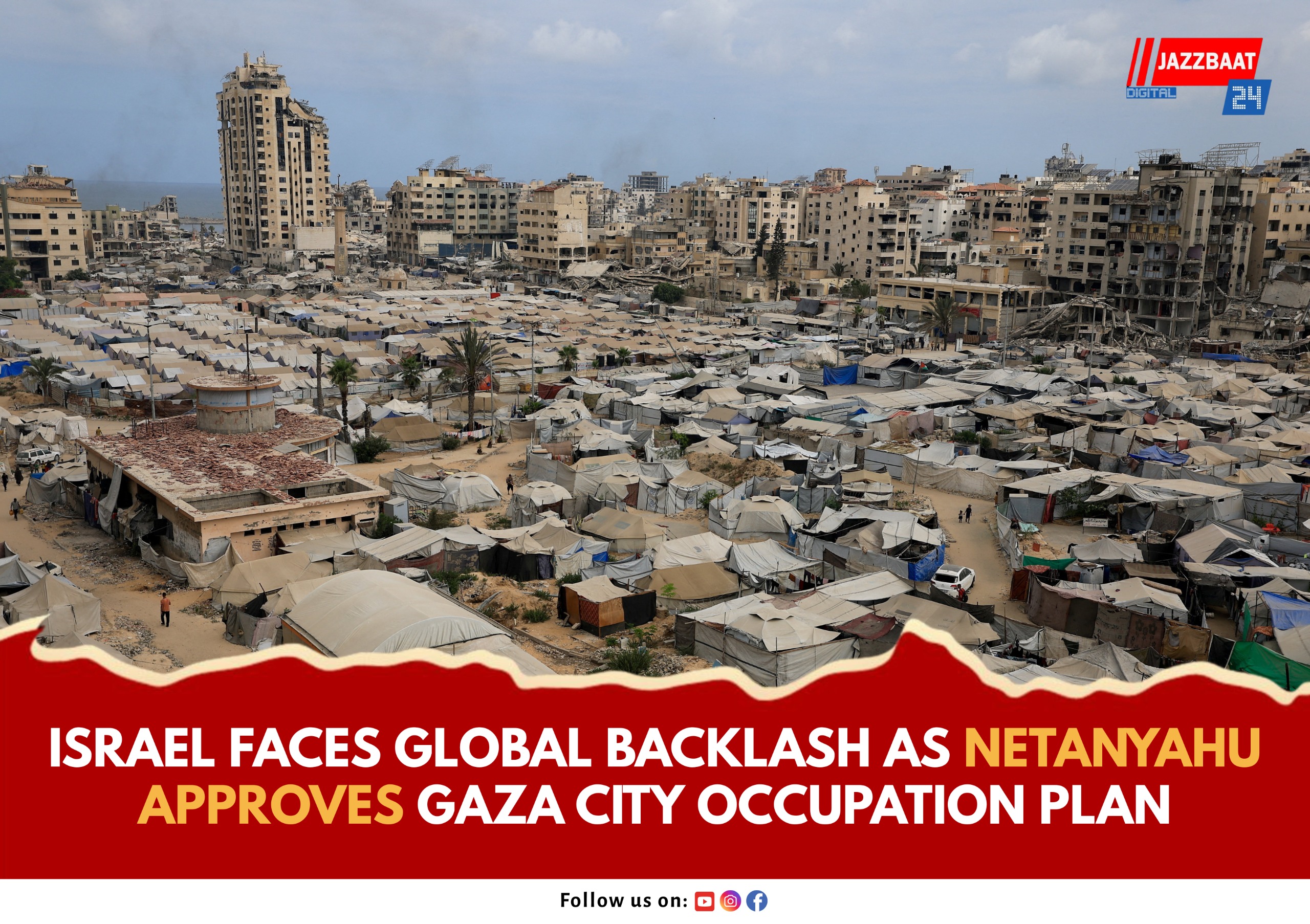
Israeli Prime Minister Benjamin Netanyahu's controversial decision to escalate military operations in Gaza has triggered an unprecedented wave of international criticism, with even close allies distancing themselves from the plan that could see Israel control 85% of the Palestinian territory.
The security cabinet's approval of the Gaza City takeover strategy marks a significant escalation in a conflict that has already claimed over 61,000 Palestinian lives, according to Hamas-run health ministry figures. The plan outlines five key principles: disarming Hamas, returning all hostages, demilitarizing Gaza, establishing Israeli security control, and creating a new civilian administration independent of both Hamas and the Palestinian Authority.
The decision has sparked fierce resistance within Israel itself, with tens of thousands of protesters flooding Tel Aviv's streets on Saturday night in what organizers described as one of the largest anti-war demonstrations since the conflict began. The rally drew an estimated 100,000 participants, according to protest organizers, though authorities have not provided official crowd estimates.
"We're over 350 soldiers who served during the war and were refusing to continue to serve in Netanyahu's political war," former soldier Max Kresch told the BBC while holding a sign reading "I refused."
The Hostage and Missing Families Forum, representing relatives of the 49 captives still held in Gaza, condemned the plan as "abandoning" their loved ones. Of the 251 hostages originally taken during Hamas's October 7, 2023 attack, Israeli military officials believe only about 20 remain alive.
The global response has been swift and severe. Germany, Israel's second-largest arms supplier, took the extraordinary step of suspending military exports over concerns the weapons could be used in Gaza operations. German Chancellor Friedrich Merz said it was "increasingly difficult to understand" how the new plan would achieve legitimate security objectives.
The United Nations Security Council has scheduled an emergency session to address the crisis, with Secretary-General Antonio Guterres calling the Israeli plan a "dangerous escalation" that risks "deepening the already catastrophic consequences for millions of Palestinians."
A coalition of countries including the UK, France, Australia, Turkey, and Canada have issued statements expressing deep concern about the humanitarian implications of expanded military operations in Gaza's most densely populated areas.
The timing of the escalation comes as Gaza faces what UN assessments describe as an unfolding famine. The territory's health ministry reports that at least 100 children have died from malnutrition and hunger-related causes, with five new deaths recorded in just the past 24 hours.
Netanyahu has defended the strategy, stating on social media that "we are not going to occupy Gaza – we are going to free Gaza from Hamas." However, critics argue that military action in Gaza City, where approximately one million Palestinians currently reside, could lead to massive civilian casualties and further displacement.
The Palestinian Authority has called the plan "an unprecedented challenge and provocation to the international will to achieve peace and stability," while Hamas warned of "fierce resistance" to any expanded operations.
As international pressure mounts and domestic opposition grows, Netanyahu faces perhaps his greatest political challenge since the war began, with the fate of both hostages and Palestinian civilians hanging in the balance.